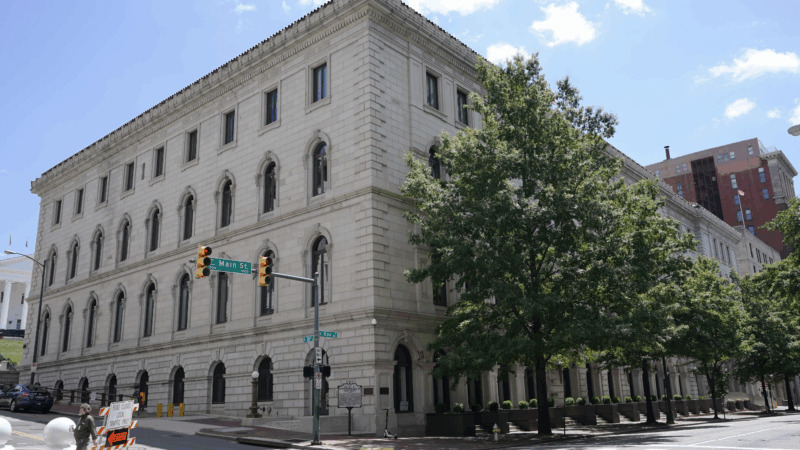Some Irma Evacuees Remain at Talladega Superspeedway
Though most of the roughly 200 Irma evacuees from Florida have left Talladega Superspeedway, about 60 people in recreational vehicles remain.
Superspeedway public relations director Russell Branham says the facility provided temporary refuge in the form of gravel slots for RVs and grass areas for tents, with water hookups and food.
Having already fled their homes, most of the original evacuees left the Speedway to escape what’s now Tropical Storm Irma, which made landfall in Florida as a powerful hurricane originally predicted to track farther to the east. Instead, it followed the evacuees north-northwest from Florida to Alabama, where as of Monday afternoon, rain and wind was already beginning to pick up.
Branham said a small number of the families saw that things were not as bad as forecasted at their homes, so they headed back south to check for damages, and “just to be home.”
All of the people originally in tents had left the campsites at the Speedway as of Sunday. They’re staying at nearby Eastaboga Baptist Church through Tuesday.
Everything has been free of charge.
“We were glad to help,” says Branham. “We’ve got the property, we’ve got the facilities, so why not do it?”
He says local churches and chambers of commerce also helped by providing and grilling food at the Speedway.
Federal judge acknowledges ‘abusive workplace’ in court order
The order did not identify the judge in question but two sources familiar with the process told NPR it is U.S. District Judge Lydia Kay Griggsby, a Biden appointee.
Top 5 takeaways from the House immigration oversight hearing
The hearing underscored how deeply divided Republicans and Democrats remain on top-level changes to immigration enforcement in the wake of the shootings of two U.S. citizens.
Snowboarder Chloe Kim is chasing an Olympic gold three-peat with a torn labrum
At 25, Chloe Kim could become the first halfpipe snowboarder to win three consecutive Olympic golds.
Pakistan-Afghanistan border closures paralyze trade along a key route
Trucks have been stuck at the closed border since October. Both countries are facing economic losses with no end in sight. The Taliban also banned all Pakistani pharmaceutical imports to Afghanistan.
Malinowski concedes to Mejia in Democratic House special primary in New Jersey
With the race still too close to call, former congressman Tom Malinowski conceded to challenger Analilia Mejia in a Democratic primary to replace the seat vacated by New Jersey Gov. Mikie Sherrill.
A daughter reexamines her own family story in ‘The Mixed Marriage Project’
Dorothy Roberts' parents, a white anthropologist and a Black woman from Jamaica, spent years interviewing interracial couples in Chicago. Her memoir draws from their records.





